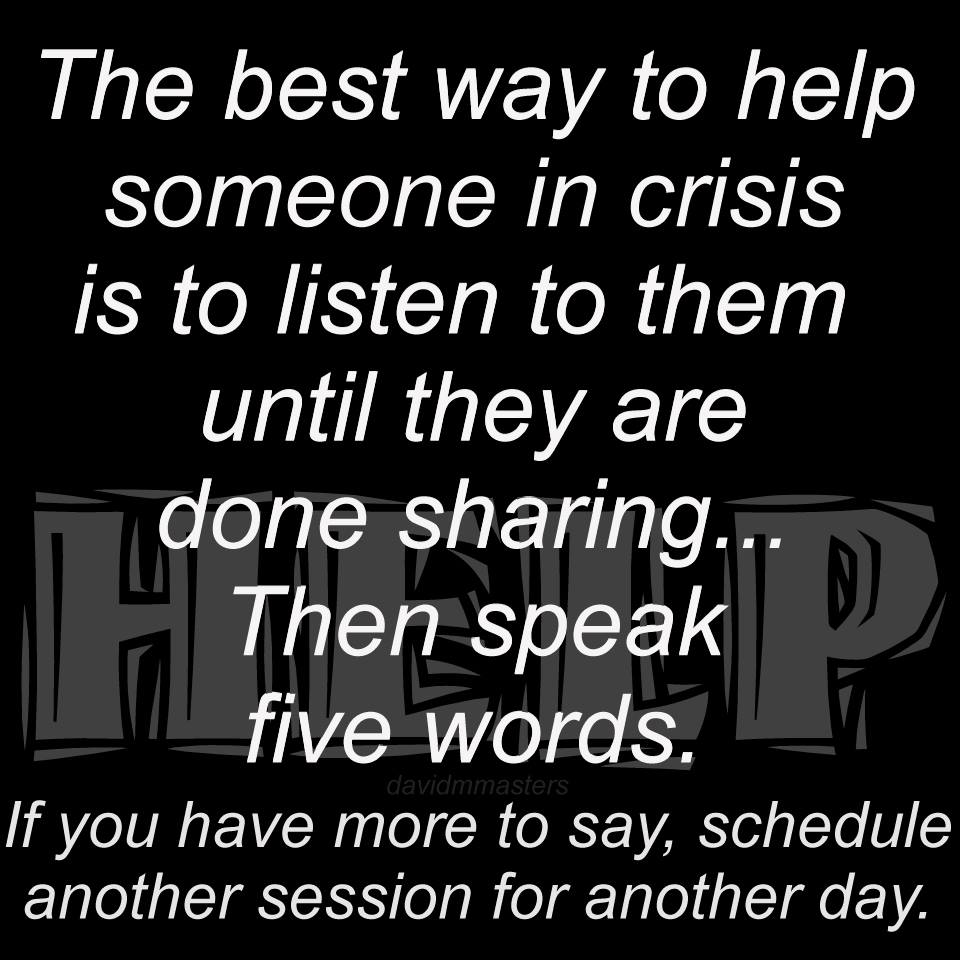They might say they love you or have your best interests at heart. If that’s true, then why doesn’t it feel like love? Because they don’t love you. There’s something more sinister going on behind the scenes. What can you do about it?
You have people, family, friends, and coworkers in your life with whom you share an obligatory relationship. No matter how much these people profess to have your back, when you’re in their presence, you don’t feel good. In fact, you feel quite the opposite.
They drain your energy, don’t respect you, your point of view, won’t let you get a word in edgewise, because they are more in need of an audience or support, and your presence is necessary for them to feel good.
It’s really not about you. It’s about them. Needing support is not a bad thing, but it’s so much better when it goes both ways. We all need support and in a reciprocal relationship, there is a sacred give-and-take when it comes to being loving and supportive.
Not all your friends are toxic vampires, but you know there are some that you would probably feel better if they did not have as much access to you during the course of your life.
There are your friends who have always been there, and you have let them have access to you anytime they needed for a long time, possibly since childhood. There are friends who are just around you as you go through life, they are your neighbors, coworkers, and casual acquaintances who are just there, taking advantage of you’re being there.
Then there are the closest of all relationships which you maintain, and it’s up to you to take an active role in the management of these relationships. There are certain types of energetically draining persons whom you would be better off without by limiting their access to you.
Of course, there are the toxic friends and energy vampires, you would be better off without, but there are others also. It’s up to you to decide which ones need to be trimmed-back for your higher good.
There are those who are all about themselves, expect you to support them but offer nothing in return. Those who want to control you and everything you do (and think, if they could). Those who refuse to have an empathetic response when you bear your soul, and often argue and debate with you about your beliefs in an order to save or convert you to their beliefs. The overbearing asserters who make you feel like they’re demanding a “My way or the highway” approach to you and yours.
The continual fearful pessimists, who always look at the negativity and potentiality of failure in all areas of your life, who would dissuade or prevent you from moving forward, growing, expanding, or reaching out to achieve your highest and best. They the perpetual complainers who rarely, if ever, have anything good to say.
You should probably consider discharging the drama kings and queens from your life who tend to let their trauma overflow into yours. Helping someone out in their hour of need, and potentially suffering consequences yourself in the process is admirable, but for those who are continually in dramatic turmoil, that is another issue altogether.
There are those who have little or no self-esteem who masquerade as self-righteous and pompous to overcompensate for their lack of feeling good about themselves. They may be entertaining, cute, or funny, but are prone to jealousy, putting others down, insulting and criticizing everything and everyone else.
The gossipmongers who are always talking behind everyone else’s back (realizing that they are also talking behind your back, too, does not require a Ph.D. in psychology).
There are two types of liars which you might think about dealing with, pathological and fanciful. Pathological liars are often predatory, will misrepresent everything, exaggerating the details, and presenting you with overwhelming amounts of false data, while the fanciful liars will offer up endless non-fact-based stories without ill intent. Pathological liars are harmful and destructive. Fanciful liars mean no harm, but they can be as much a drain on your energetic resources.
Keep in mind, while it seems as though they don’t love you, they might actually love you in their own way. After all, they’re only doing the best they can with what they have, so there’s no need to be unkind as you’re going about the business of limiting their access to you.
If you want to live a better life, your best life, and make the world a better place, a little social maintenance in your circle of influence can go a long way.
The preservation of your sacred space is up to you, and you are the only one who can control it.
Surround yourself with those who love and support you and hold them dear.
See you at the Soulmate Wizardry event.



